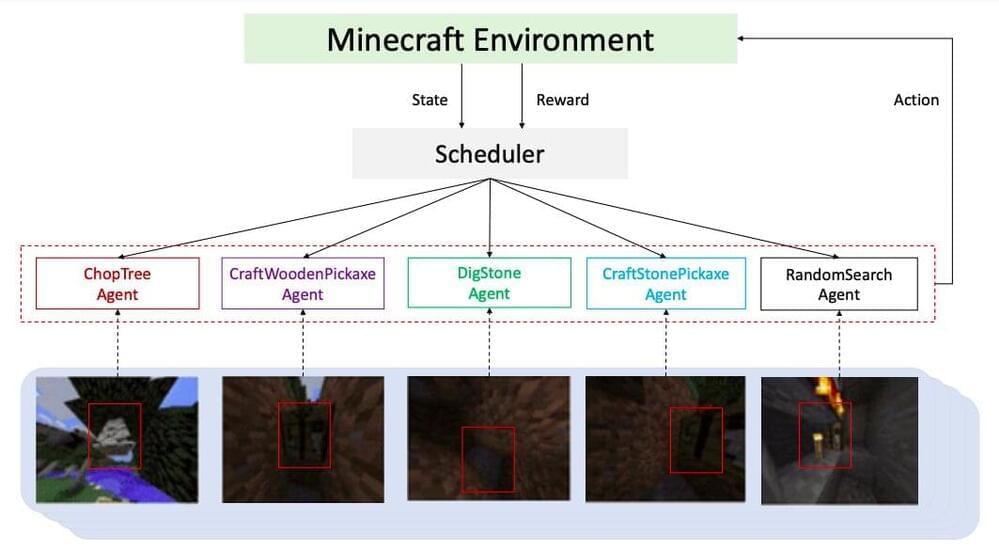I wonder how many iterations of “kinematic reproduction” would result in sentience.
Artificial Intelligence has made a landmark achievement by creating robots that can reproduce. US scientists who created the first living robots claim they can now reproduce on their own. Scientists now claim the discovery is a new form of biological reproduction that was not known to science yet. Experts say the parent robot and its babies, called Xenobots, are entirely biological.
#Xenobots. #LivingRobots. #ArtificialIntelligence.
Crux is your daily dose of the big, viral and relevant news in a few minutes. It’s your ultimate guide to staying informed on the latest in politics, international relations, sports, entertainment and social media.
Follow CRUX on Instagram (@crux.india): https://bit.ly/3qSFx1K







